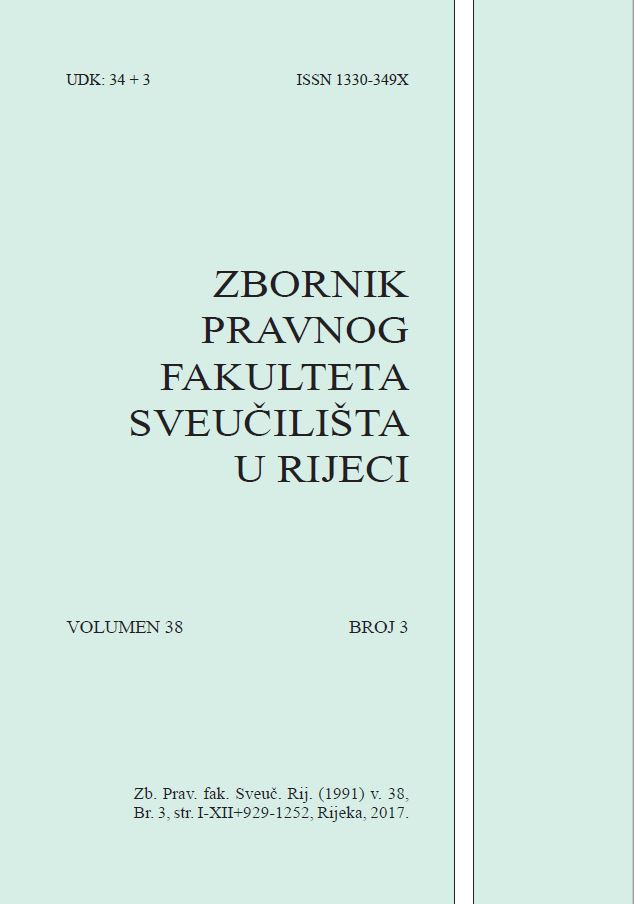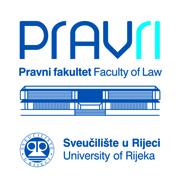DUŠA, NJENE (STRAN)POTI, DRUŽBENO NADZORSTVO IN KAPITALIZEM
DOI:
https://doi.org/10.30925/zpfsr.38.3.3Keywords:
mind; body; control; power; hierarchies; freedom; self-control; mental troubles; violenceAbstract
The article deals initially with the relationship between the body and the soul or rather mental phenomena, for the soul as a metaphysical entity does not exist in objective and subjective world (what does exist is the concrete, continually changing stream of subjective experiences being something that is the most real for every person, although modern science still cannot explain how our consciousness emerges from the brain and what are its biological functions). Moreover, the existence of eternal, individual, immortal soul cannot be explained with the Darwinian theory of evolution. The soul, as the exclusive gift given to the humans by the God, exists only in the religious perspective, i.e. as „solely“ intersubjective, in the collective imagination and communication established and reproduced reality, still influencing thoughts and actions of considerable number of people (not only believers). Results of contemporary life sciences shake and tear up also the belief in free will and existence of one single, individual, authentic (or „true“) self which is in the perspective of liberal humanism (as dominant ideology) the most important source of meaning, economic decisions, and moral, political and legal judgements. The central part of the article deals with various cultural „constructions“ of human mind and their influence on the organisation of social control, execution of power, and justifications of hierarchies (that are at first almost always imagined, but in the course of time they become more and more empirical and ossified: just as sinister self-fulfilling prophecies existing until they are not questioned by the political struggles of supposedly inferior, exploited, and oppressed human beings, that is by successful rebellions that are surprisingly quite rare historical events). In that regard, we pay special attention to various meanings of the emotionally much burdened word „freedom“ (or „liberty“). The final part of the article focuses on troubled, disturbed, pathological and normal mental phenomena, particularly in connection with violent behaviour and coping with the „all too human“ problem of divers forms of suffering, as (probably not abolishable) sorrow being not just the effect of some sort of bad luck, evil destiny or bad constellation of stars and planets, but of the bare fact that you are alive and as a subject captured in the live organism and its natural urges, needs and mechanisms. What is more, these inevitable sources of human suffering are accompanied by socially, culturally and interpersonally generated woe. Boldly put: human existence equals psychic troubles. Nowadays, people try to „solve“ this hard problem mainly by means of commercial (consumer) goods and services (that promise much desired experience of pleasant feelings and eo ipso happiness), and by medical and (legal and illegal) drugs that directly change biochemical system of individuals. Yet, that has considerable effects on crime. Namely, most criminal behaviour is directly or indirectly connected to the human aspiration after happiness, i.e. striving after pleasant feelings and intolerance to unpleasant ones.
Additional Files
Published
How to Cite
Issue
Section
License
Collected Papers is an open access journal. Journal does not charge article processing charges (APC) to authors. It is licensed under CC BY-NC licence 4.0.
Collected Papers of the Law Faculty of the University of Rijeka" is an Open Access journal. Users are allowed to read, download, copy, redistribute, print, search and link to material, and alter, transform, or build upon the material, or use them for any other lawful purpose as long as they attribute the source in an appropriate manner according to the CC BY licence.
The papers published in "Collected Papers of the Law Faculty of the University of Rijeka" can be deposited and self-archived in the institutional and thematic repositories providing the link to the journal's web pages and HRČAK.
Upon acceptance of the manuscript for publication by this journal, the author can publish same manuscript in other journals only with the permission of the Editorial Board (secondary publication). A repeated publication should contain a notice as to where the manuscript was originally published.



